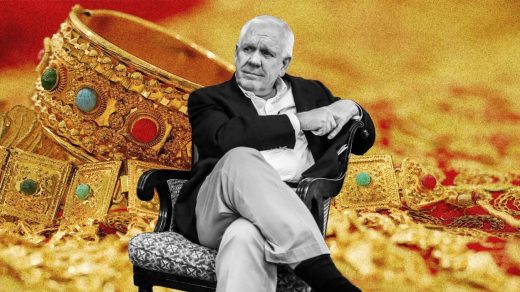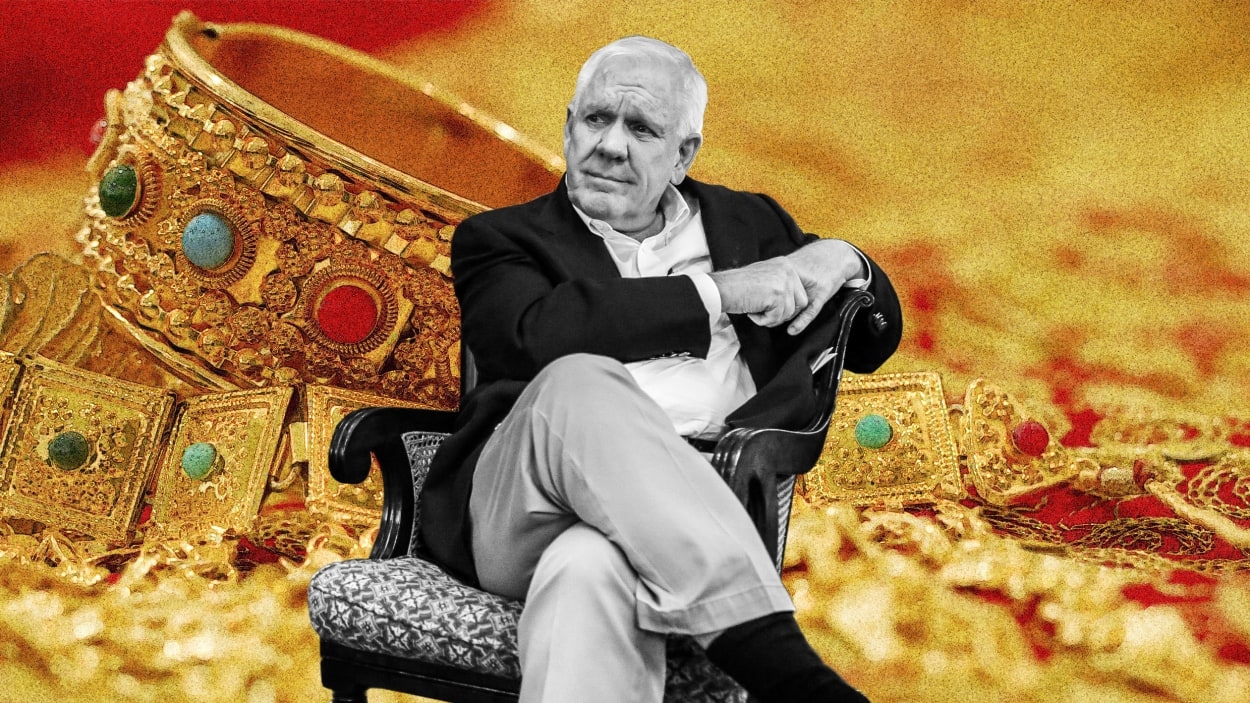5 things to know about Harlan Crow, the billionaire funding Clarence Thomas’s lavish lifestyle
A little over a month ago, Harlan Crow wasn’t a household name. Today, he’s one of the most talked-about—and controversial—billionaires in the country.
His unusual friendship with Clarence Thomas has raised a host of ethical questions about the nation’s highest court, as ProPublica reported he has hosted the Supreme Court Justice on many luxury vacations (including a trip to Indonesia that might have cost $500,000), paid the costly tuition for one of Thomas’ relatives, and bought and renovated the home where Thomas’ mother lives (now, apparently, rent free).
Supreme Court justices are required to file an annual financial disclosure report that lists gifts they have received. There’s an exemption for hospitality from friends, though, which is what has spurred the ethical debate. (Crow’s refusal to provide the Senate Finance Committee with a list of the gifts he has given Thomas has only fueled that debate.)
Crow has defended the gifts, saying he and Thomas have been friends for 27 years—and there is nothing improper about their friendship.
“A lot of people that have opinions about this seem to think that there’s something wrong with this friendship,” he told The Dallas Morning News. “You know, it’s possible that people are just really friends. It blows my mind that people assume that because Clarence Thomas has friends, that those friends have an angle.”
Crow himself is still something of a mystery to many people, though. Here’s a look at how he got to where he is—and what else he’s been funding.
What does Harlan Crow own?
Crow, age 74, is the chairman and former CEO of Crow Holdings, a real estate investment and development firm. That company has $29 billion in assets, according to its website, including properties in Texas, Washington State, and California. It owns a variety of real estate but specializes in student dorms and high-rise apartments.
Where does Harlan Crow’s money come from?
Crow is the son of Trammell Crow, who was at one point one of the largest landlords in the U.S. Crow claims when he took over the company in 1988, it was near bankruptcy.
“Our company was also in distress,” he told the Morning News. “Our economic value had deteriorated. It’s hard to know if it was zero, but it was low. I spent about five years doing workouts. We negotiated with a large number of financial institutions over a long period of time doing all this, and we tried to do it as honorably as we could. And I believe we did it very honorably after it was all over.”
How did Harlan Crow and Clarence Thomas become friends?
Crow and Thomas met 27 years ago, 5 years after Thomas joined the Supreme Court. Crow was in Washington, D.C., speaking to the National Center for Policy Analysis. Officials there mentioned that Thomas was giving a speech for them in Dallas, and Crow offered to fly him there on his private jet, since he was planning to fly home at that time.
The two hit it off, with Crow saying that even though they had vastly different life stories, they had a lot in common. The bond grew and they became close friends, discussing things like Crow’s son’s wrestling team and his dog Otis, who Thomas is especially fond of. “We talk about dogs a lot,” he has said.
How has Harlan Crow kept such a low profile before the Thomas scandal?
Crow generally tries to stay out of the spotlight. He avoids photo ops, even though he hosts fundraisers in the massive library of his 34,000-square-foot mansion (which has a garage that fits 77 cars!). And he has said he does not like the attention that the Thomas story has brought upon him and his family.
“I don’t like people—particularly businesspeople—who constantly want to bring attention to themselves. I think it’s a lot about ego. And I just don’t like that,” he told the Morning News. “I want to go to Schlotzsky’s or Arby’s, those are my kinds of places, and be a regular person.”
How much has Harlan Crow donated to politicians?
All totaled, Crow and his wife have donated at least $14.7 million to state and federal candidates. In the past 2.5 years, he has donated $4 million to Texas political causes, mostly Republicans or Republican-focused PACs.
Crow was able to make donations that large after Thomas passed the deciding vote in the 2010 Citizens United v. Federal Election Commission case, which tilted political influence toward wealthy donors and corporations. A study by Americans for Tax Fairness shows Crow and family’s political spending went up 862% after that case was decided.
(27)



